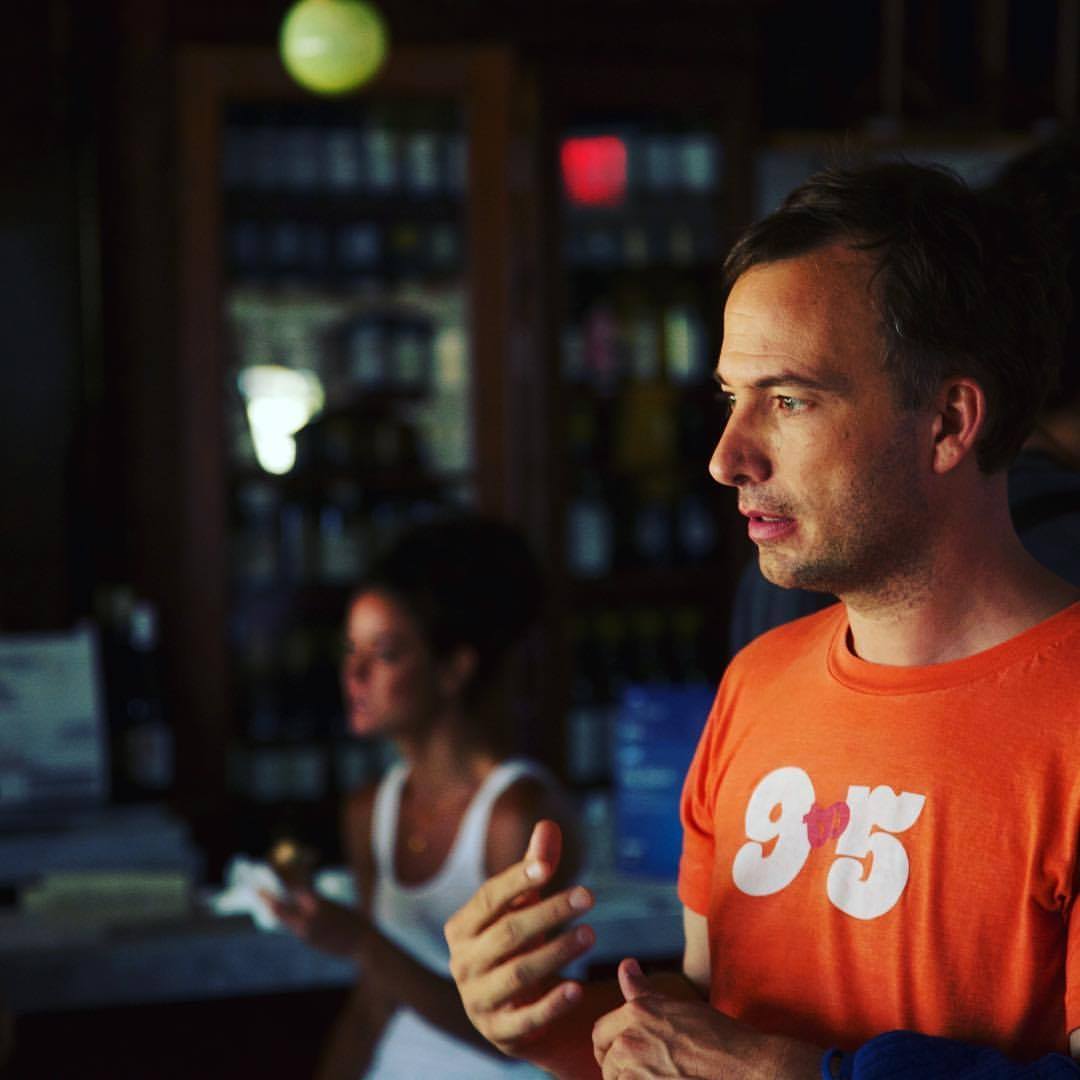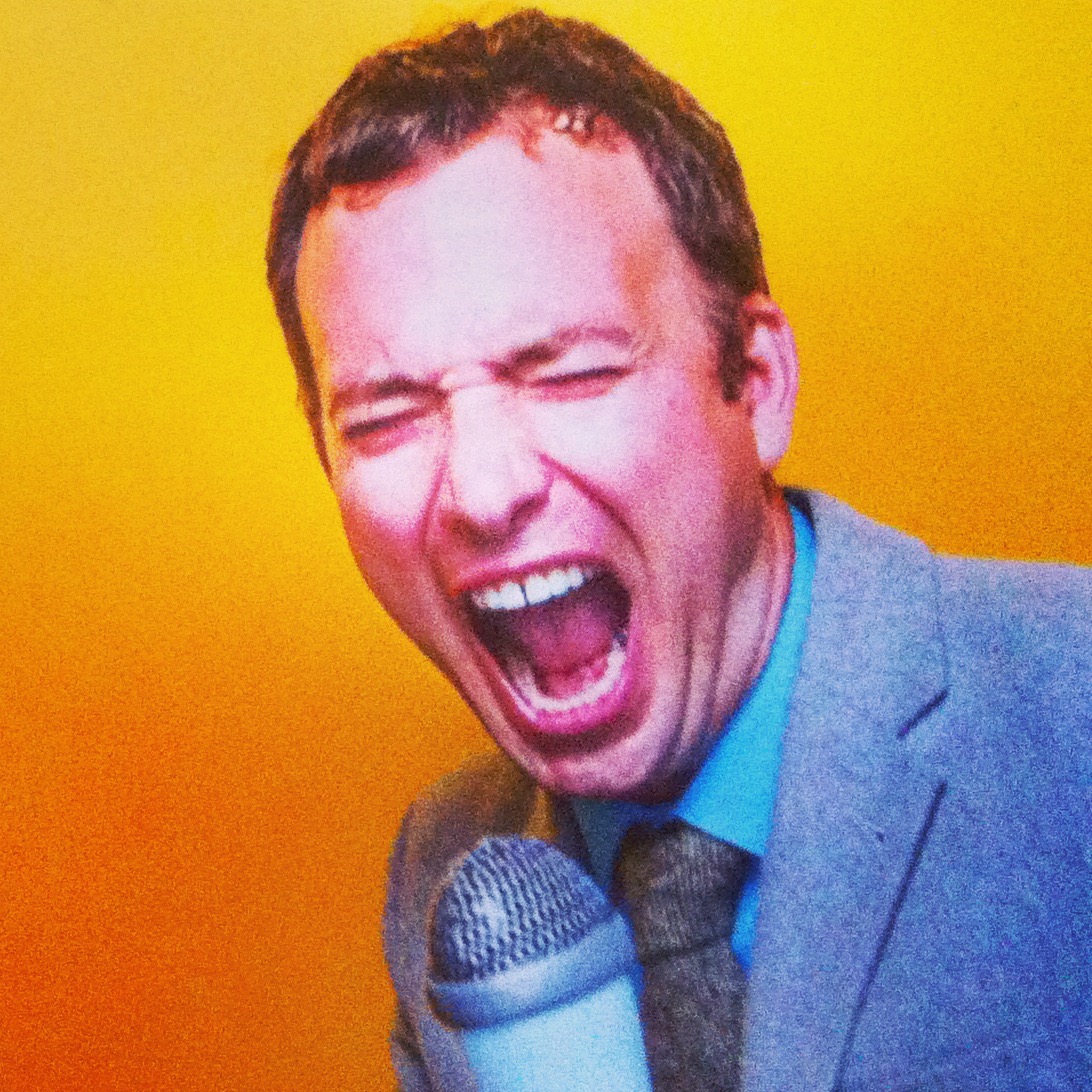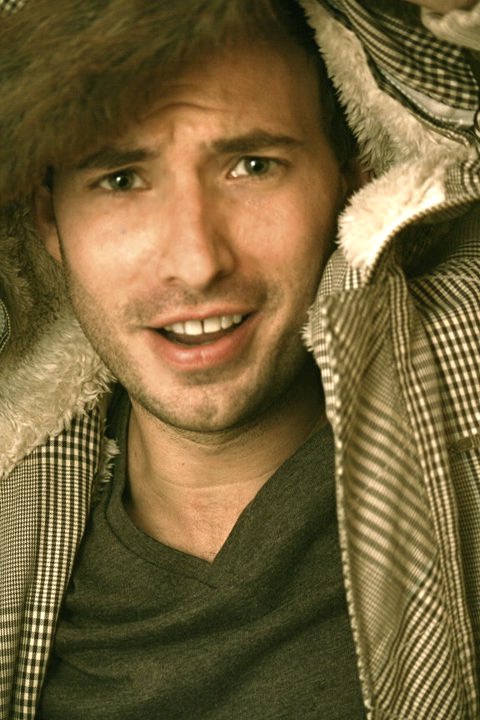We’re excited to introduce you to the always interesting and insightful Zeke Farrow. We hope you’ll enjoy our conversation with Zeke below.
Zeke, looking forward to hearing all of your stories today. How did you learn to do what you do? Knowing what you know now, what could you have done to speed up your learning process? What skills do you think were most essential? What obstacles stood in the way of learning more?
It took me a long time to learn to do what I do and I’m still not sure if I know how to do it. Somehow I ended up a filmmaker. I started by training and working as an actor. I studied acting for over a decade and I worked on stage and on screen. There was an actors’ strike and I had nothing to do and I realized the primary reason I was becoming disenchanted with acting; in order to act, someone else has to give you permission. So, during the strike, I started writing and immediately knew that I would never go back to acting – not seriously anyway. No one had to give me permission to write. It was something I could just do. I quickly realized that all my years training as an actor had prepared me to become a writer. I’d read and analyzed hundreds of plays. I’d watched thousands of movies. I understood intuitively what makes a good story.
So, without anyone’s permission, I started writing. I wrote screenplay after screenplay, improving with each. Soon, my work started being produced, and my career progressed.
Over a decade later, I became a director out of necessity. The directors I was developing scripts with were lazy and had a lot less practice telling stories. The only way my stories could be told and told well, was if I started directing them myself. And suddenly there was another mountain of things to learn. Cameras, lighting, lenses, color, sound, tone. The tools at a director’s dis[osal feel endless and learning how to use them feels overwhelming at first. But what you soon realize is – story is everything. As a director, you assemble a team of people who all work with you to create your vision. But the story remains the DNA. The writing is at the center of everything.
I don’t know what I could have done to speed up this process. I didn’t go to film school. I don’t think I needed to. It’s the right choice for other people, but the timing was wrong for me. What it comes down to is practice. Every part of the process is about telling a story – the acting, the writing, the directing, the editing, it’s all the same. You just use different skillsets to do each. So practice the skillsets. Practice acting. Practice writing. Practice writing a lot. Write a lot. You get better. You get faster. You really do.
The only real obstacle to success as a filmmaker is money. Who’s going to pay for your movie? Maybe it’s you. If it’s not you, it’s someone else.
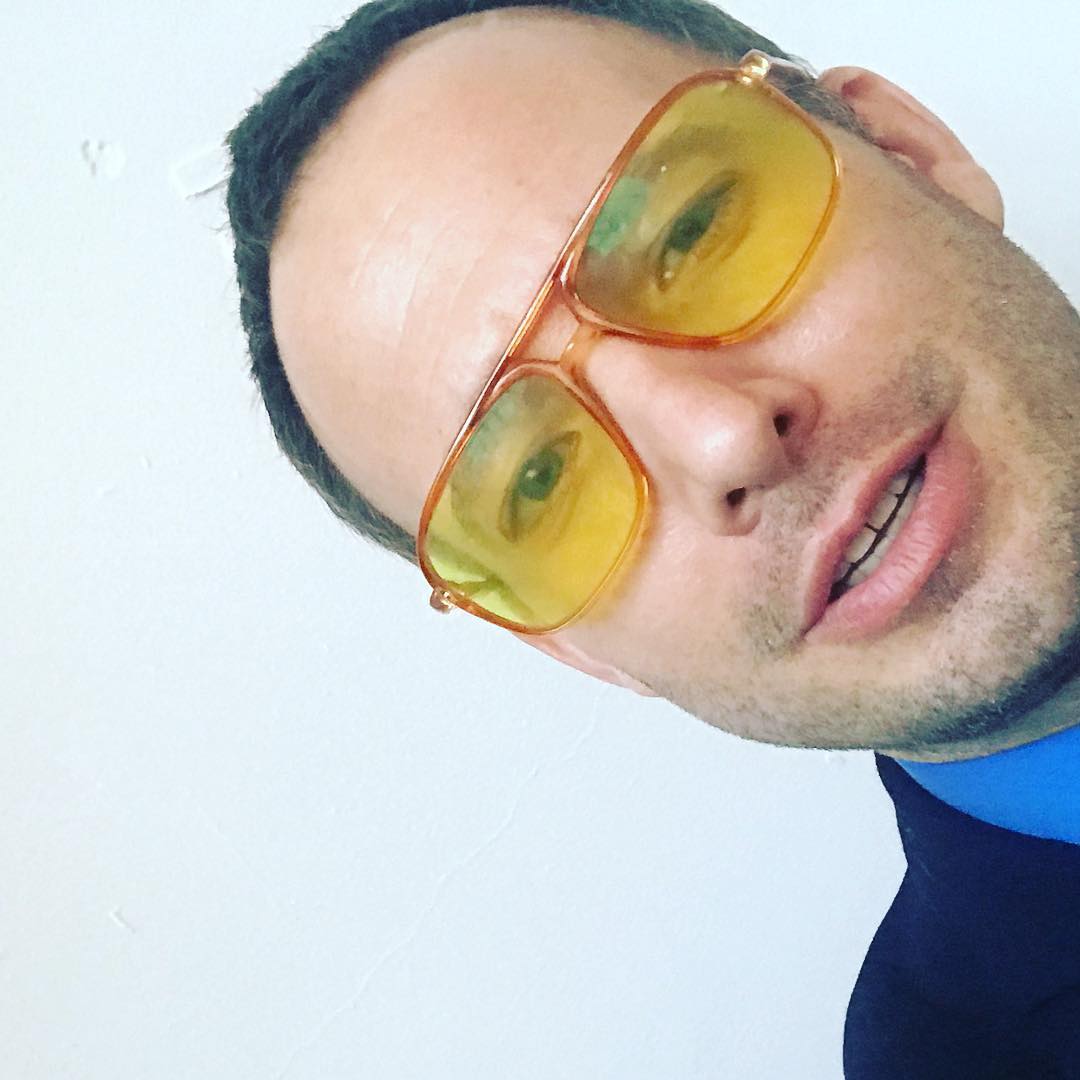
Zeke, before we move on to more of these sorts of questions, can you take some time to bring our readers up to speed on you and what you do?
I am a screenwriter and director. I touched a little bit on what lead me here. I seem to have gotten her through a natural progression – from actor, to writer, to director. This path seemed to unfold for me and I took it because it inspired me and because it made sense.
I’d say that my career developed because people saw potential in my work and when they offered me opportunities to work on new things, I almost always said yes. The story of how I first made the leap from acting to writing is a good example. I was on strike as an actor and working in a restaurant. I ran into a friend from college on the subway. He was getting his MFA in film directing and he’d written the short film he wanted to shoot as his thesis. He said, ‘Would you read the script for my movie? I think it’s supposed to be a comedy, but I don’t think it’s funny.” He was right. It wasn’t funny. But after reading the script, I had ideas for how it could be funny. I told him my ideas and he asked me to work on the script with him. And suddenly, without knowing it, I’d become a writer.
My career flourished immediately. Over the past twenty years, I’ve written movies and tv projects for several major studios. My movies have played over 200 festivals worldwide, including Sundance and Telluride, I’ve been short-listed for an Academy Award. I’ve been nominated for and won countless other awards – including The Peabody Award for co-writing and producing the film ‘Best Kept Secret’. All this because I ran into a friend on a subway and he wasn’t funny.
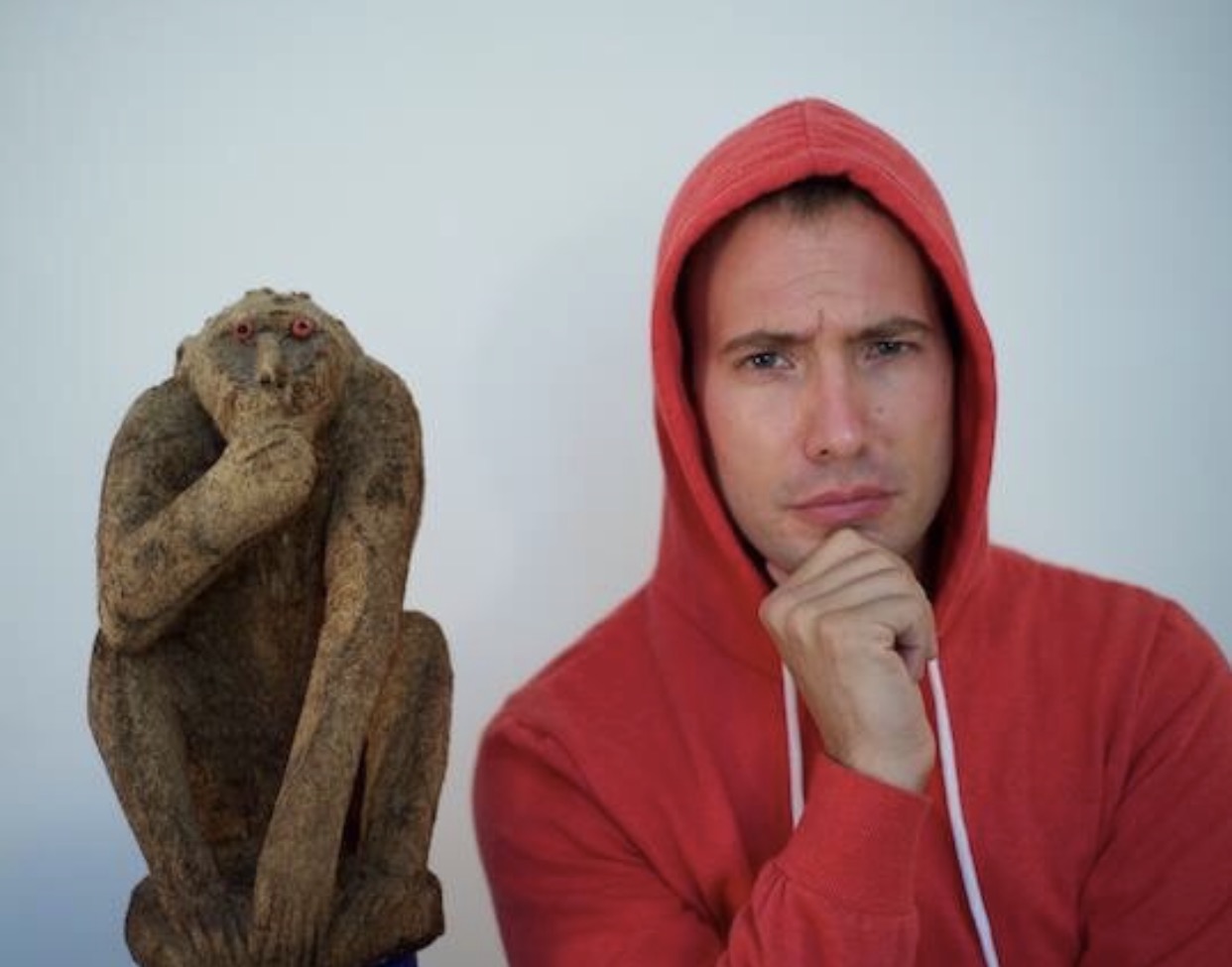
Alright – so here’s a fun one. What do you think about NFTs?
NFTs are like Beanie Babies. No offense to anyone. Least of all Beanie Babies.
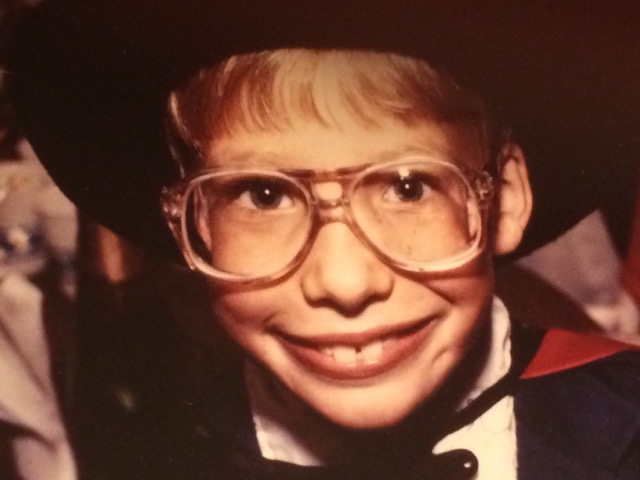
Looking back, are there any resources you wish you knew about earlier in your creative journey?
I wish I’d known this: Everyone I look up to is a resource. I wish I hadn’t been so scared to ask for guidance, advice, and mentorship when I was starting out. The truth is, most creatives like to help other people. So ask.
Here’s a story… About a year ago, a young woman emailed me out of the blue. She’d found my address through the WGA – my union. She was direct. She told me I sounded fun and that I was doing what she wanted to do and that she wanted to take me out to coffee and ask me questions. I said yes, immediately. We went to coffee. She asked me lots of questions. She was extremely smart and engaged and I found her ambition, fearlessness, and intelligence charming, A few months later, she was up for an assistant job and I knew one of the producers who she’d be interviewing with. I sent a glowing note to the producer. Her interview went great and she got the job. I am ABSOLUTELY sure she didn’t need me to get the job. But I think knowing that I was on her side really helped her feel confident and prepared.
Contact Info:
- Instagram: https://www.instagram.com/zekeness/
- Other: https://vimeo.com/zekeness
